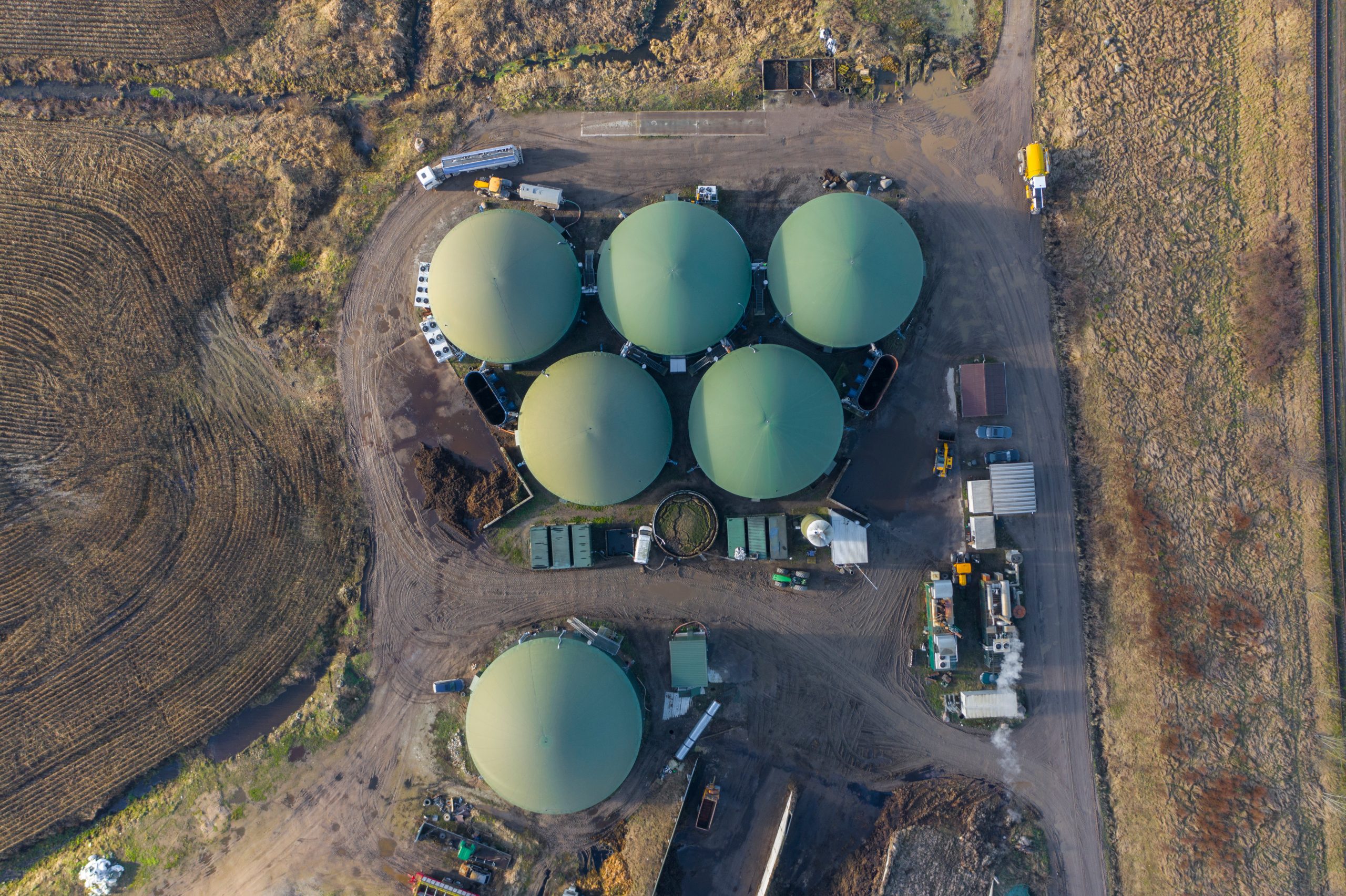Optimal Group has announced the appointment of Dr John Hewson as an advisor to assist in the formation of Optimal Renewable Gas. With this endeavour, Optimal plans to become a leading producer of grid-scale biogas in the Australian domestic natural gas market.
As demand for renewable energy gathers pace, Optimal has recognised the need to provide commercial and industrial customers with a mechanism to eliminate the carbon emissions from their natural gas usage in their operations.
With many industrial customers requiring up to 70% of their overall energy requirements for thermal processes, green grid electricity is simply not an option for most of these companies. Speaking on the launch of Optimal Renewable Gas, Optimal CEO, Craig Dugan, said: “We are working with a number of customers to further reduce their greenhouse gas emissions through behind-the-meter cogeneration."
 Dr John Hewson will be an advisor to assist in the formation of Optimal Renewable Gas.
Dr John Hewson will be an advisor to assist in the formation of Optimal Renewable Gas.
"These systems typically have an efficiency of around 75% and hence provide an effective pathway for our customers to reduce their overall greenhouse gas emissions. If we can provide them with green grid gas, their cogeneration systems will deliver 100% renewable green electricity and heat behind the meter. Their additional thermal and electricity requirements can then be met by using green grid gas in their boilers and green grid electricity for the remainder of their electrical requirements”.
Mr Dugan added: “For most of these customers, simply replacing large boilers or gas-fired equipment with electric-powered equipment is just not possible. We are currently working with a customer whose electrical demand is 8 MW, but their thermal demand is three times larger. The grid in their area simply does not have the capacity to provide the energy requirements of their boilers.”
Optimal Group Australia has recently been awarded a ground-breaking renewable energy project for McCain’s Foods. As part of a major energy upgrade to the McCain’s facility, Optimal was chosen by McCain’s to design, supply and install a 1.2 MW biogas power generation system using biogas from a newly installed anaerobic digester. Not only will the turbines deliver 1.2 MW of 100% renewable electricity, but they will also reduce the use of natural gas for the existing 25 MW steam boiler by capturing the turbine exhausts to provide hot combustion air to the boiler. Mr Dugan commented: “The McCain’s project is a clear example of how biogas can deliver significant reductions to a customer’s carbon emissions. In fact, if we had additional waste available at McCain’s, we could generate enough biogas on-site to meet all of the gas requirements of their boiler.”
 Optimal Group plans to become a leading producer of grid-scale biogas in the Australian domestic natural gas market.
Optimal Group plans to become a leading producer of grid-scale biogas in the Australian domestic natural gas market.
“We are delighted to secure the service of Dr John Hewson as we have moved into our development phase of this exciting endeavour. Dr Hewson brings a wealth of experience that will be invaluable in navigating the path forward,” said Mr Dugan.
Dr Hewson has been very active in the climate debate for over 30 years. One of his focuses has been to demonstrate the enormous opportunities for existing and new businesses if they seek to reduce their carbon footprint, especially in power and transport usage. He has worked on several recycling, waste-to-energy and biofuel projects, as well as energy-efficient lightbulbs, green data centres, and thermal storage. He is Chair of the Business Council for Sustainable Development Australia and BioEnergy Australia and is a Patron of the Smart Energy Council.
“For Governments to address Australia’s growing waste disposal problems, biogas offers an ideal pathway to not only divert material from landfills, but to also provide a valuable renewable fuel, and deliver important reductions in emissions. It will also create significant jobs and economic growth in the construction and operation of these plants. It is a win-win-win solution”, Hewson says.
